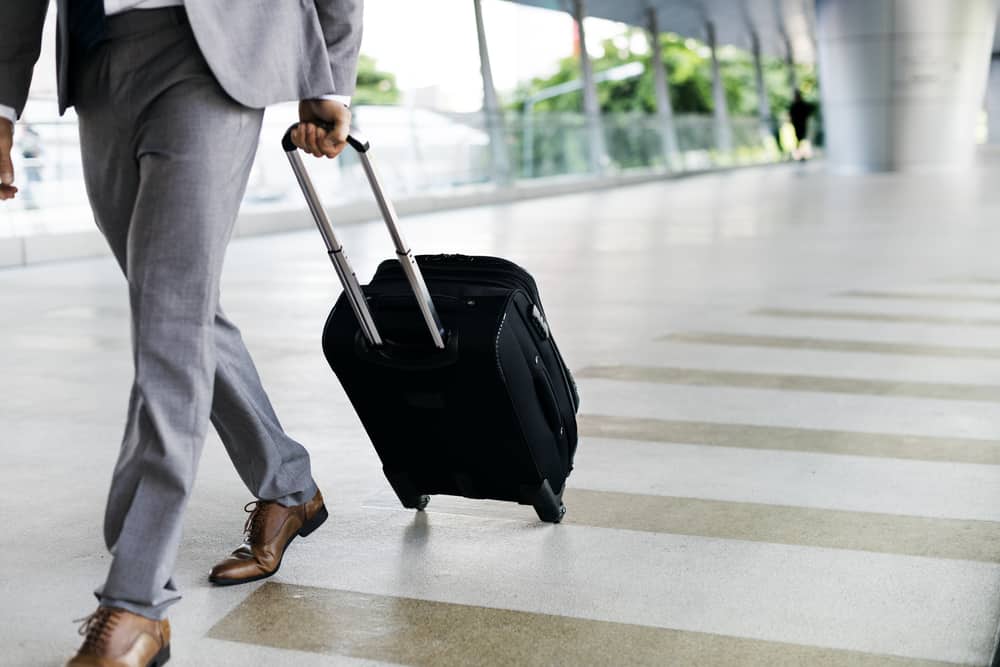An individual who sustains an injury while traveling for work may qualify for a workers’ compensation claim equivalent to workers comp code. Workplace injury claims are relatively simple when the accident occurs on the premises and the negligent party is clearly established. However, when a person gets into an accident while on a work-related trip, the claim becomes a bit more complicated. Employees need to be knowledgeable about what is considered a job-related activity while traveling. Additionally, understanding the steps to take following an injury can help a claims process go more smoothly.
About Travel-Related Workers’ Compensation Claims
Employers often have established policies in place regarding expectations surrounding workplace travel. Typically, these policies determine what activities qualify as work-related during the trip. These policies may also include information about transportation. Travel to and from an airport to make a business flight also qualifies as work-related travel. If an individual sustains an injury while pursuing a personal errand on a work trip, he or she may not qualify for workers’ compensation benefits. Similar to a traditional work-related injury, individuals who are hurt while traveling for work should maintain a clear record of medical expenses, receipts, and accident reports.
Steps To Take Following a Work-Related Travel Injury
It is in an employee’s best interest to report a work-related injury to his or her employer as soon as possible after the incident. An injured employee should work closely with a human resource department and a workers’ compensation attorney to navigate the claim process. This also applies to injuries sustained while traveling for work. These are some best practices for victims to follow after an injury.
- An injured worker should promptly report the incident to his or her employer and supervisor.
- Any details about the accident, such as eyewitness accounts, should be collected. In the case of auto accidents, an accident report number is an important piece of information to obtain.
- Victims should seek medical attention for injuries sustained during the accident. It is important for employees to keep close track of symptoms as they may progress in the weeks after the incident.
- Maintaining a well-kept record of all medical bills, incident reports, doctor’s notes, and receipts can help the claims process to go more smoothly.
- Seeking legal representation can help a victim recover all of the damages for which he or she qualifies.
What Qualifies as a Job-Related Injury When Traveling?
Determining whether or not an activity is considered work-related is an important step in filing an injury claim. Though employer policies may provide guidance, some circumstances will require a more thorough examination. Many of the same activities can vary in coverability depending on the context. For example, an employee who sustains an injury while at a business-related dinner meeting would likely qualify for coverage, whereas an employee injured during an after-hours non-business related meal may not qualify. If an employee becomes injured in a motor vehicle accident while on the way to the airport, a meeting, or another work-related event during a trip, the incident will likely be covered. An employee would not qualify for workers’ compensation coverage if an injury is sustained during recreational activities or personal errands, even if he or she is on a business trip. In those types of cases, a personal injury claim against the at-fault driver’s insurance company may be an option to recover compensation for losses.

 2018 ·
2018 ·
Leave a Reply